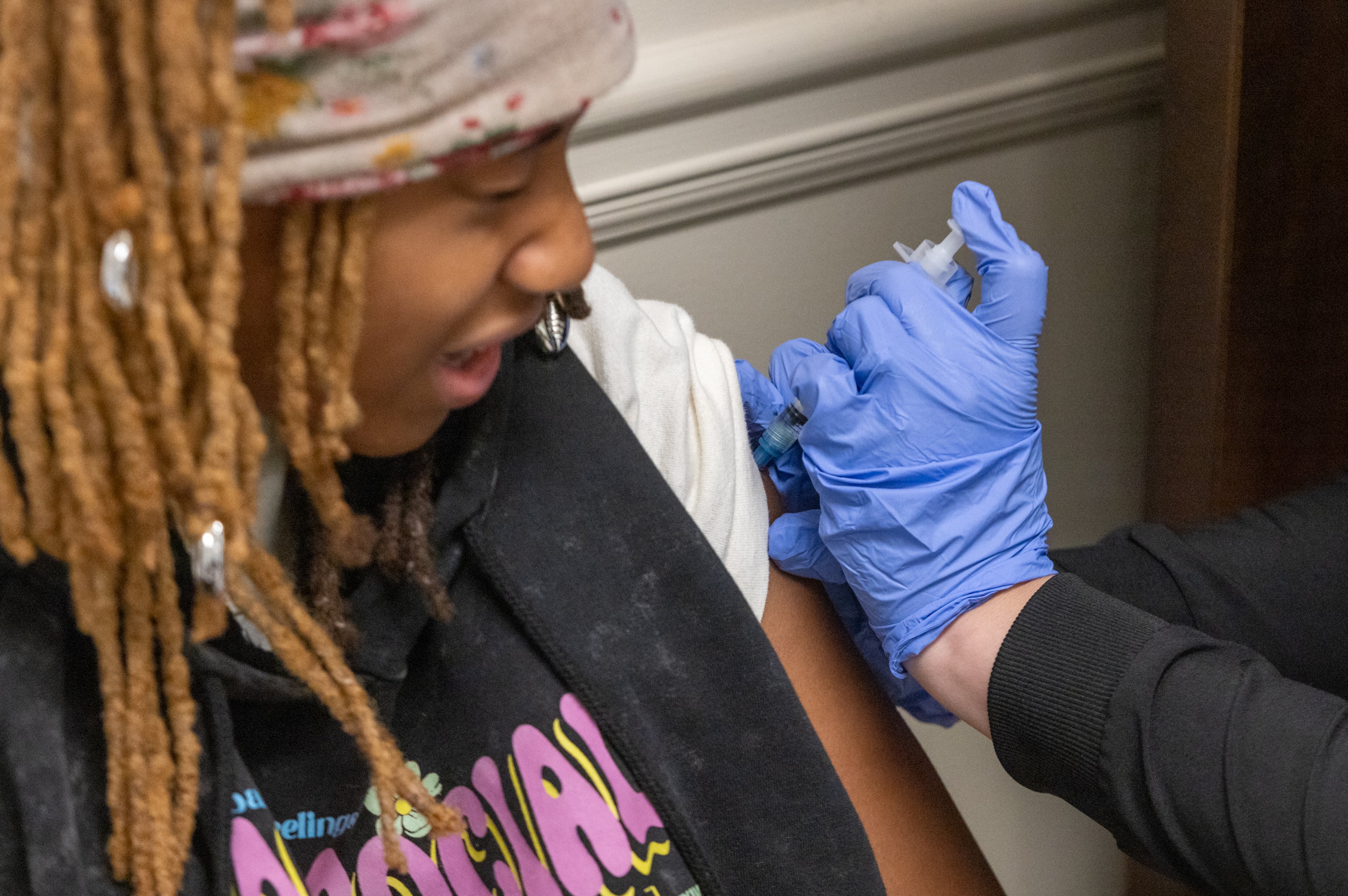Georgia lawmakers limit who can handle tax credit scholarship money

Legislation to restrict the types of organizations that can handle state tax credit funding for private school scholarships passed the Georgia Legislature Tuesday, the final day of the 2019 legislative session.
House Bill 68 by Rep. John Carson, R-Marietta, prohibits K-12 accreditation agencies from operating as, or affiliating with, what are known as "student scholarship organizations."
SSOs collect tax-credited contributions from taxpayers and distribute the money to students at private schools as tuition subsidies. Carson didn’t want the same organizations accrediting schools.
“It prevents a conflict of interest and allows our schools to focus on quality education,” Carson said after the House approved changes to his bill by the Senate. He would not say whether the legislation was targeted at a particular accreditation agency.
Carson’s bill was nearly taken over by other legislation. The Senate had tried to attach language that would have created what critics call “vouchers.” The Senate reversed course last week, removing that wording.
The added language had come from Senate Bill 173, a failed bill that faced fierce opposition from public school advocates concerned about the half billion dollar a year cost. SB 173 would have established so-called "education scholarship accounts," which, unlike the indirect private school subsidies in the existing tax credit scholarships, would have allowed direct state subsidies to private schools.
The tax credit program money doesn't come directly from the state. Rather, taxpayers assign the money to a private school and get a like reduction off their state taxes owed. The scholarship organizations determine which students get scholarships at those schools.
Public school advocates also oppose the tax credits because they reduce the total revenue of the state, leaving less money for public services, such as education.
Last year, the General Assembly approved a bill by Carson that increased the size of the tax credit program to $100 million a year. The push to raise the cap was driven by the perceived popularity of the program, which typically sold out on the first day of availability. But taxpayers have been less enthusiastic this year after proposed changes to federal tax rules made it less profitable as a tax shelter.


